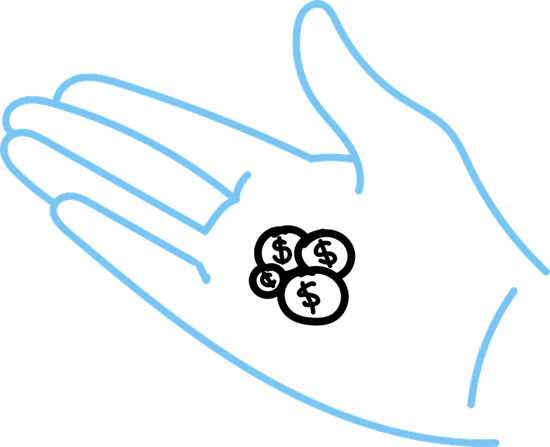Managing the family budget is no mean feat if you rely on a single source of income. By learning and developing a thing or two about better money management, budgeting is less stressful. These simple money management habits will help you appreciate every centavo that you earn regularly.
There are three things to remember if you want to make the most of your hard-earned money. Moreover, this works whether you are planning for yourself or your family.
Create a Budget
It is easier to plan your finances if you know how much you have in your budget. A well-thought-out budget will help you track your expenses and savings.
List the amount of money you expect for the month minus the tax – be it coming from your regular job or sideline jobs.
Take note of all of your spending. These include household bills, mortgages, credit cards, personal loans, groceries, personal effects, and other items. Be sure to pay your bills on time to avoid paying penalties. Paying up late fees would bust your budget list. Failing to pay your credit card would incur a higher interest rate and might damage your credit score.
Collect the receipts if you must to get the exact amount for each expense. From here, you can be more specific in areas that need allocation adjustments.
Saving Goals
Once you identified your spending list, set aside a portion from your take-home pay.
A budget rule called the 50-30-20 is a simple guide to help people reach their financial goals.
Allocate 50 percent of your take-home pay to spend on your basic needs and paying your obligations. Allot 30 percent to your wants like shopping or traveling, and 20 percent for emergencies and retirement.
While unexpected expenses happen beyond our control, the 50-30-20 rule will help you manage your hard-earned money, so you have funds on hand for emergencies.
You can adopt this budget management rule if it suits you or create a plan that fits your need and lifestyle.
Tackle Your Debts
It is hard to achieve your financial goal if you are heavy with debts. It may seem difficult to pay off a loan diligently, but it’s the only way to control your finances.
Pay on time. Never miss a payment. If you are dealing with multiple loans, pay the ones with the highest interest rates. You can also try paying the smallest loan to the biggest. Whichever strategy you apply, the important thing is you avoid paying compound interest.
Reassess your budget plan after settling your debts. Check on areas where you overspend. Adjust your habits if necessary such as, dining out, watching a movie, or shop an expensive gadget.
Avoid owning several credit cards. Whenever possible, use cash in your transactions.
Conclusion
Knowing your financial situation and having a direct hand in managing your own money will guide your spending habit. Your budget plan will show you how much money you have after paying your monthly bills and show you how much you can allocate for your savings.
Lastly, find more passive income ideas to improve your financial status. You can start by creating a blog or a YouTube channel, creating an app, or sell information products.





